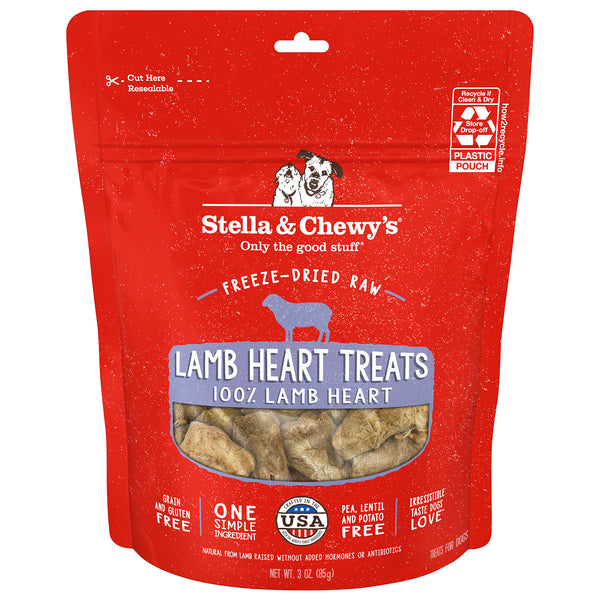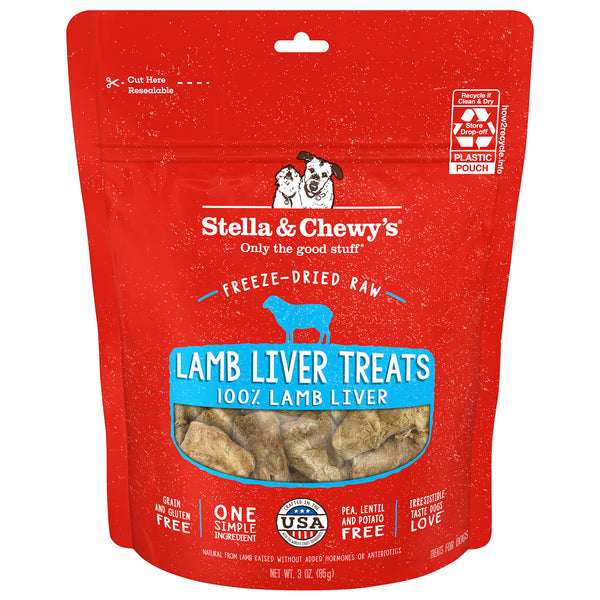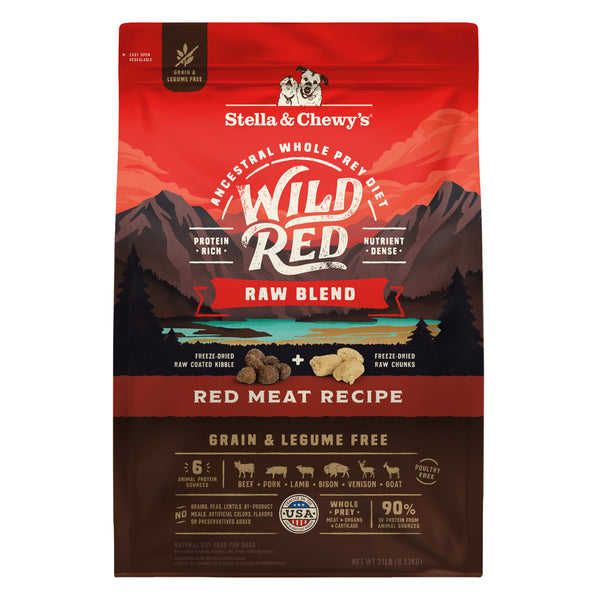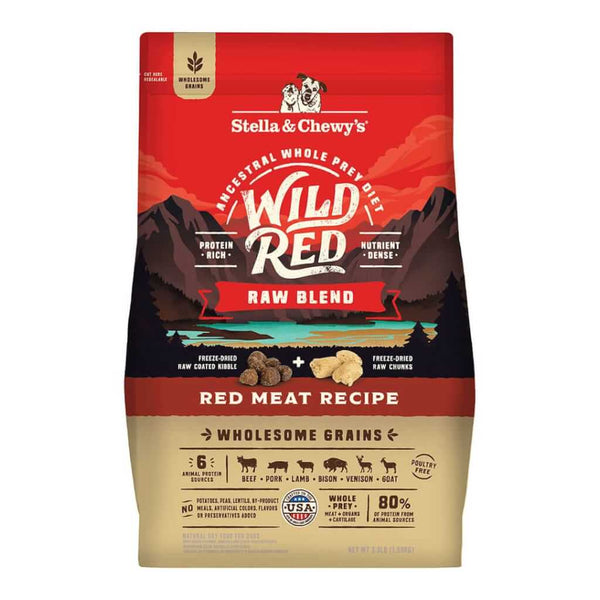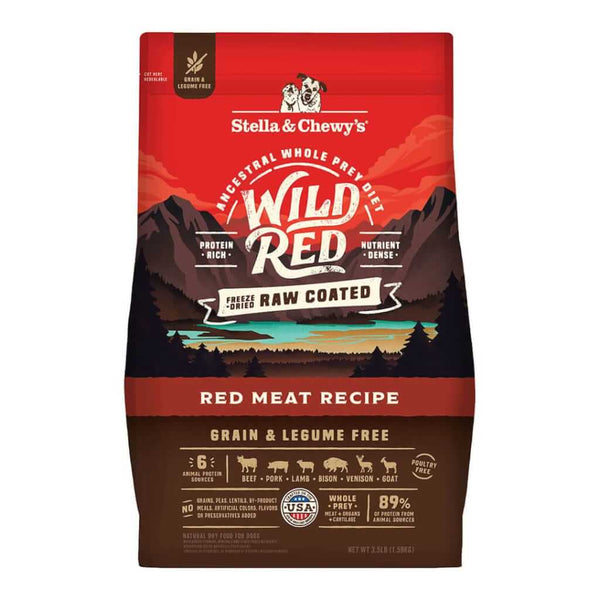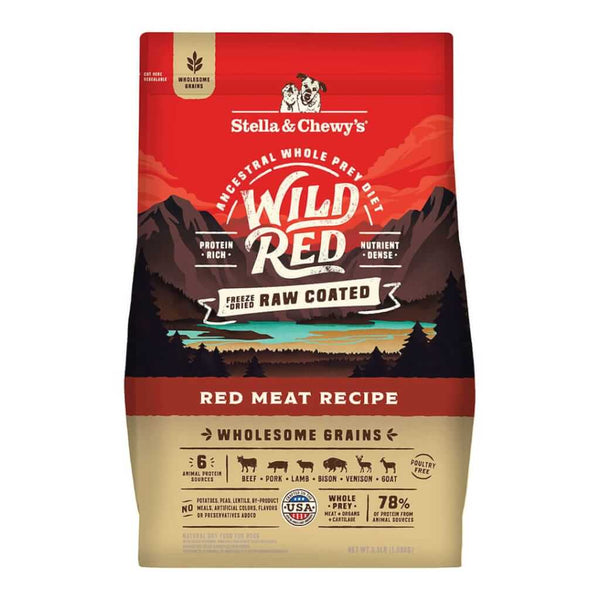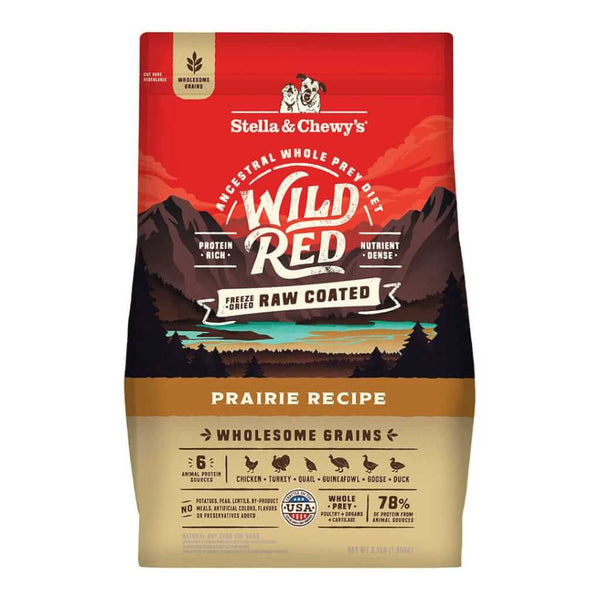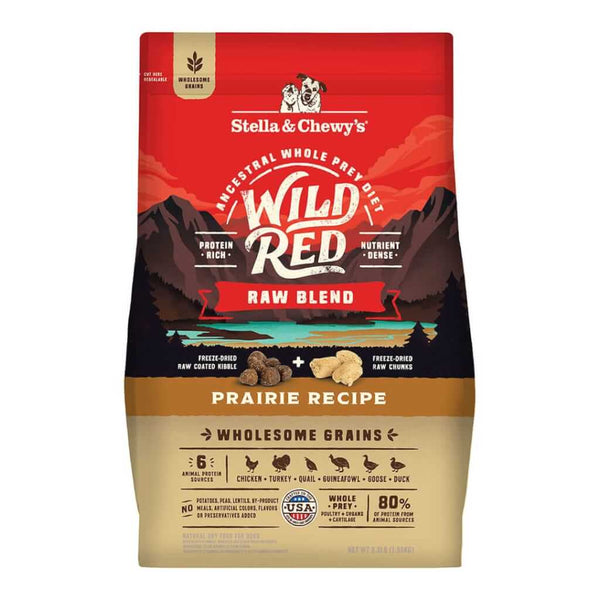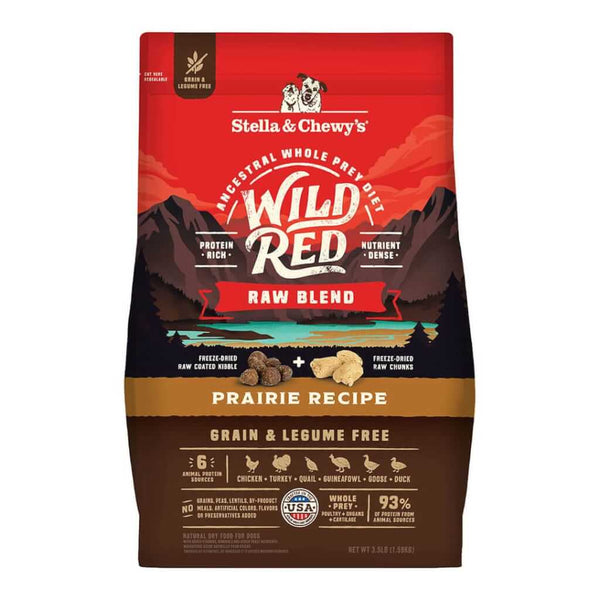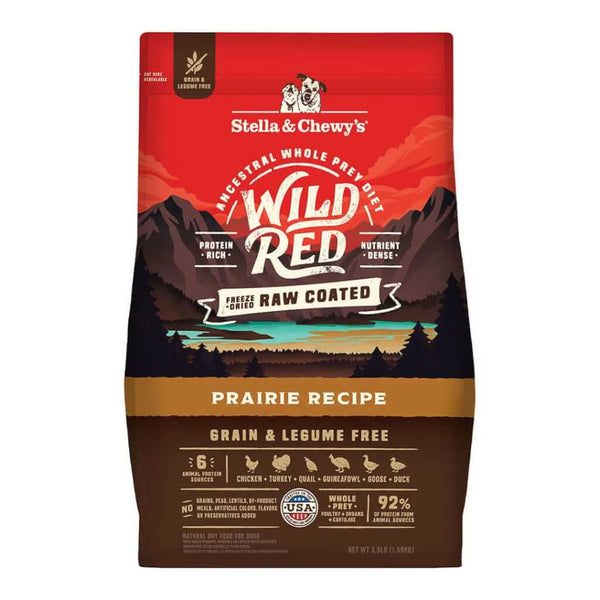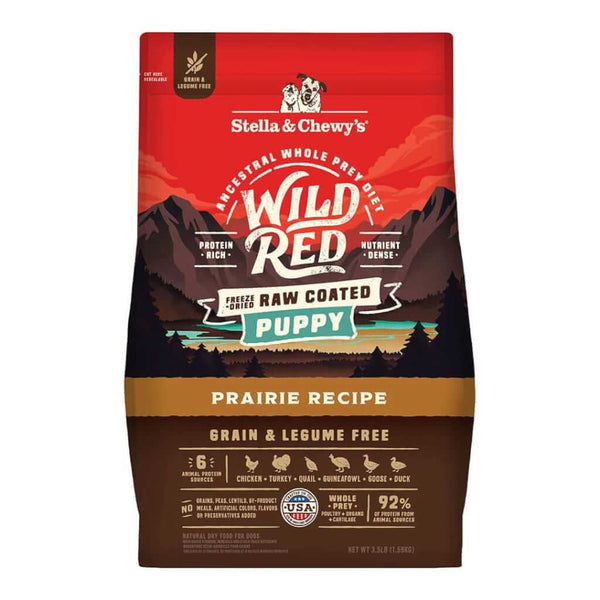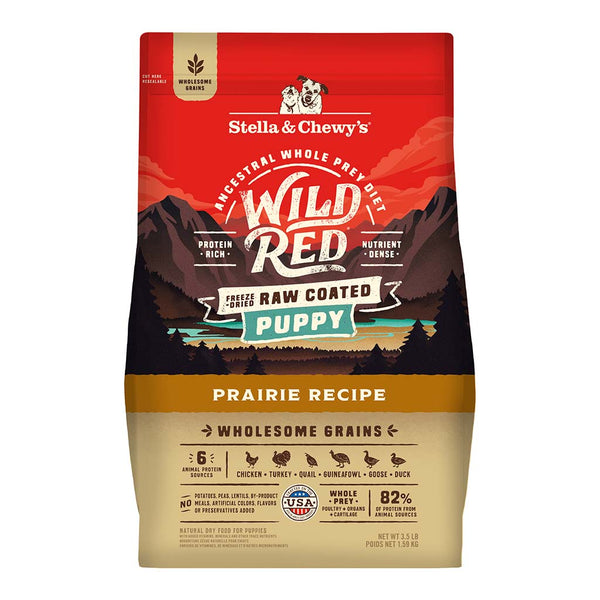As temperatures start dipping, you may wonder when it’s too cold outside to walk your dog. Here are some tips and guidelines for taking your dog on a walk in cold weather.
How Cold is too Cold to Walk Your Dog?
The answer varies, and it depends on your dog! Your dog’s age, breed, size and health are 3 of 7 key factors in determining how sensitive they are to cold weather.
1. Breed:
Some breeds, like Huskies, Samoyeds or St. Bernards have heavy double coats and can tolerate colder temperatures—as opposed to breeds like Dachshunds, French Bulldogs or Boston Terriers who have short, thin coats.
2. Size:
Small dogs, like Yorkshire Terriers, Chihuahuas, or Pugs, and thin dogs like Whippets, Greyhounds, and Coonhounds, are more sensitive to cold weather than bigger, heftier pups.
3. Age & Health:
Keep in mind that your dog’s health and/or age can affect their ability to regulate body temperature. Both senior dogs and puppies have a higher risk of hypothermia and frostbite. Dogs with any number of health issues such as diabetes, arthritis or kidney problems are also more vulnerable to cold—which applies to cold-weather dog breeds as well.

Other Factors to Consider:
4. Snow:
If it’s snowing, your dog’s coat may become wet and lower their body temperature. Dogs without much hair on their bellies get cold faster, especially if walking or playing in snow.
5. Wind Chill:
Wind lowers the feel of the actual temperature outside. Always use the wind chill temperature when determining if it’s too cold to take your dog for a walk.
6. Duration:
Most healthy medium or large dogs with thick coats can take a 30-minute walk when temperatures are above 20°F. Small dogs or dogs with thin coats start to become uncomfortable in temperatures below 45°F. Consider limiting walks to 15 minutes for these dogs when temps fall below freezing.
7. Nutrition:
Dogs need more calories in cold weather to maintain body temperature, especially snow-loving pups, seniors, small breeds, or puppies who struggle to regulate their body heat. Protein and fat are their main energy sources, and during winter, dogs’ metabolisms slow naturally, relying even more on fat for energy. Boosting these nutrients in their diet helps keep them warm. Additionally, since many dogs shed and grow denser coats in winter, foods rich in Omega-3 and Omega-6 fatty acids support healthy, warm coat growth. Some foods naturally rich in Omega-3 and Omega-6 fatty acids that are excellent to add to your dog’s winter mealtime are:
-
- Fish, such as that found in Stella & Chewy’s Savory Salmon and Cod Meal Mixers for adult dogs and Beef & Salmon Meal Mixers for puppies.
- Lamb, which is also naturally higher in fat and considered a “warming protein” in Traditional Chinese and Eastern medicine, hence is the base for our Stella’s Solutions Immune Support.
- Goat, which is perfectly balanced with lamb and beef to create a complete and balanced winter meal in our Remarkable Red Meat Freeze-Dried Raw Dinner Patties.

6 Tell-Tail Signs That Your Dog is too Cold:
Regardless of breed, size, or age, your pup may indicate they are too cold or uncomfortable. Watch for these 6 signs:
- Shaking or shivering
- Whining
- Lifting or licking paws
- Tucked tail
- Slowing down/walking stiffly
- Shallow breathing
If it’s too cold for you to tolerate being outside wearing a winter coat and hat, it’s probably too cold for your dog as well. In extreme cold, limit walks to bathroom breaks and make up for it with some indoor exercise (like tug-of-war) and enrichment activities.

Top Tips for Walking Your Dog in the Cold
Keep these tips in mind on frigid days to avoid potential cold-weather hazards for dogs when you’re trying to decide when it’s too cold to walk your dog.
- Keep walks short when temps are below freezing.
- Try to take 'exercise walks' during the warmest part of day, and limit morning/evening outings to relief walks.
- When it's too cold for a long walk, play with your dog indoors first as a warm-up, then head outside to let them do their business.
- For dogs with thin coats, a coat or sweater will give them added protection and warmth.
- Boots will protect your pup’s paws when it’s icy, and also protects them from de-icers and salt which can damage their paws.
- Ask your groomer to trim hair growing between your dog's paw pads, so it doesn't collect ice and salt.
- After a walk, wipe off your dog's paws with a warm washcloth to remove salt and de-icer chemicals. You can also use dog paw balm to protect and soothe paw pads.
- Use a leash or collar light to help your dog be more visible to drivers—super helpful when it's dark and there are snowbanks.
- Winter weather can aggravate arthritis, so if your dog has joint pain modify your walk routine accordingly or consider adding a supplement like Stella’s Solutions Hip & Joint Support to their wintertime meals for extra support.
- Use conditioner when bathing your dog to replace essential oils removed by shampooing. This helps avoid dry, flaky winter skin.
- Don't let your dog eat snow - it can be bad for them (especially snow near treated walkways/roads).
- Add a warming or hot protein from Traditional Chinese Medicine (TCM) like lamb, turkey, or venison to their bowl to help warm them up naturally during digestion.
Do Dogs Need More Food in Cold Weather?
Possibly. Be aware of your dog's weight and activity level in winter. It takes more energy to maintain body temperature in cold weather, so if your snow-loving dog spends extra time playing outside, they may need more calories. If your dog tends to get less exercise in winter, you may need to cut back a little. Either way, it’s wise to ensure their diet includes extra protein and fat to support winter metabolism changes (similar to those of a bear in hibernation) and to keep them hydrated.
Proper hydration bolsters immune function and helps prevent dry skin and hypothermia. For a convenient way to add necessary wintertime nutrients, Stella & Chewy’s Dandy Lamb Meal Mixers and Bountiful Bone Broth are the ultimate winter remedy. As mentioned above, lamb is a nutrient-dense warming protein in TCM, while the bone broth is infused with anti-inflammatory superfoods such as turmeric and cinnamon, along with collagen, gelatin, and amino acids to support gut and joint health, and both are crafted safely in the USA to give your pup extra hydration and immune-boosting nutrients. A quick pour of each into their bowl is the perfect to keep your pup healthy and cozy all winter long.




